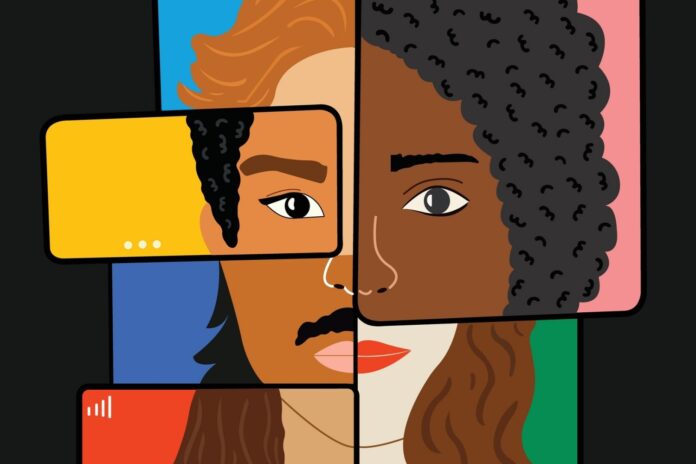Data for Justice
At the turn of the 20th century, W.E.B. Du Bois wrote about the conditions and culture of Black people in Philadelphia, documenting also the racist attitudes and beliefs that pervaded the white society around them. Almost 125 years later, the concept of "systemic racism" is central to the study of race. Centuries of data collection and analysis, like the work of Du Bois, document the mechanisms of racial inequity in law and institutions, and attempt to measure their impact.
The Problem of Systemic Racism
"There’s extensive research showing racial discrimination and systemic inequity in essentially all sectors of American society," explains Fotini Christia, the Ford International Professor of Social Sciences in the Department of Political Science, who directs the MIT Institute for Data, Systems, and Society (IDSS), where she also co-leads the Initiative on Combatting Systemic Racism (ICSR). "Newer research demonstrates how computational technologies, typically trained or reliant on historical data, can further entrench racial bias. But these same tools can also help to identify racially inequitable outcomes, to understand their causes and impacts, and even contribute to proposing solutions."
The ICSR Data Hub
In addition to coordinating research on systemic racism across campus, the IDSS initiative has a new project aiming to empower and support this research beyond MIT: the new ICSR Data Hub, which serves as an evolving, public web depository of datasets gathered by ICSR researchers.
Building the Data Hub
"My main project with ICSR involved using Amazon Web Services to build the data hub for other researchers to use in their own criminal justice related projects," says Ben Lewis SM ’24, a recent alumnus of the MIT Technology and Policy Program (TPP) and current doctoral student at the MIT Sloan School of Management. "We want the data hub to be a centralized place where researchers can access this information via a simple web or Python interface."
The Policing Vertical
The Policing vertical started with a really challenging fundamental question," says team lead and electrical engineering and computer science (EECS) Professor Devavrat Shah. "Can we use data to better understand the role that race plays in the different decisions made throughout the criminal justice system?"
Goals and Ambitions
The data hub offers 911 dispatch information and police stop data, gathered from 40 of the largest cities in the United States by ICSR researchers. Lewis hopes to see the effort expand to include not only other cities, but other relevant and typically siloed information, like sentencing data.
Education and Impact
Now that the infrastructure for the data hub has been built, and the ICSR Policing team has begun sharing datasets, the next step is for other ICSR teams to start sharing data as well. The cross-disciplinary systemic racism research initiative includes teams working in domains including housing, health care, and social media.
Conclusion
The ICSR Data Hub is a crucial step in the fight against systemic racism. By providing a centralized platform for researchers to access and analyze data, the hub has the potential to drive meaningful change. As Fotini Christia notes, "Our interest is in how various institutions perpetuate racism, and how technology can exacerbate or combat this." With the data hub, researchers can work towards identifying the root causes of racial disparities and proposing solutions to combat them.

